North Korea Invites Journalists to Rocket Launch Site, May Plan Third Nuclear Test [PHOTOS]
North Korea is preparing a third nuclear test at the site where it carried out its two previous tests, South Korean media report. The news further complicates an already tense situation in the Korean peninsula, following the North's decision to go ahead with a rocket launch feared by its neighbors.
South Korean news agency Yonhap reported evidence of North Korea digging a tunnel at the same site in Punggye-ri, in the country's northeast, where nuclear tests were conducted in 2006 and 2009.
Fresh evidence came to light from satellite images that showed a huge pile of loose earth in front of a tunnel at the site, indicating new underground construction in progress. Experts believe that North Korea will use the newly built tunnel to conduct its third underground nuclear test.
The reports, if true, could worsen the already strained relations between the reclusive Communist state and its neighbors.
South Korean intelligence officials have accused Pyongyang of exploiting international criticism of its April rocket launch plan as an excuse to go ahead with the nuclear test.
North Korea had announced that it would launch a weather satellite using its Unha-3 rocket into apolar orbit sometime between April 12 and 16 to commemorate the birth centenary celebrations of its founder, Kim Il-sung. South Korea and the West have condemned the move, saying North Korea is actually testing a long-range ballistic missile under the pretext of a satellite launch.
The U.S. State Department repeated Monday its warning to the North not to launch the satellite, saying this would violate U.N. Security Council resolutions and a Feb. 29 denuclearization agreement, Reuters reported.
Our position remains: don't do it, said spokeswoman Victoria Nuland. North Korea's launch of a missile would be highly provocative, it would pose a threat to regional security and it would be inconsistent with its recent undertakings to refrain from any kind of long-range missile launches.
Nuland told reporters a third North Korean nuclear test would be equally bad if not worse.
Even North Korea's traditional supporters, Russia and China, have expressed their concerns about the launch.
Russia called on North Korea to refrain from actions that increase tension in the region, and cautioned the country to stop defying the international community.
China's Foreign Ministry has not commented about the launch since March 16, when it expressed worry and concern.
Meanwhile, a report in the Washington Times, quoting South Korean media, says that there is evidence of the North building an intercontinental ballistic missile. According to the report, U.S. intelligence sources have also reported that North Korea is developing a road-mobile ICBM that can reach U.S. targets.
Foreign Journalists Invited To Launch Pad
On Monday, North Korea invited more than 30 journalists from the United States, Europe, and Japan to visit its launch center for the Unha-3 rocket that would carry its first satellite into orbit.
Pictures released from journalists visiting the site reveal North Korean engineers readying a large rocket already in place on a launchpad, and a model of the satellite that will be launched into space.
The launch center is located in North Korea's northwestern region, close to the border with China.
Over the past week, Japan has been readying and deploying forces on land and at sea, including the latest Patriot-3 and Standard-3 interceptor missiles from the U.S. Japan has made clear its intention to intercept and destroy the North Korean rocket if it or any of its parts overfly, or land within, Japanese territory.
Taiwan also put its Patriot-3 missile forces on active notice last week to intercept any rocket fragments should they fall onto Taiwan.
North Korea is expected to launch the rocket to the south, over the Yellow Sea, so that debris would land to the east of Taiwan and the Philippines.
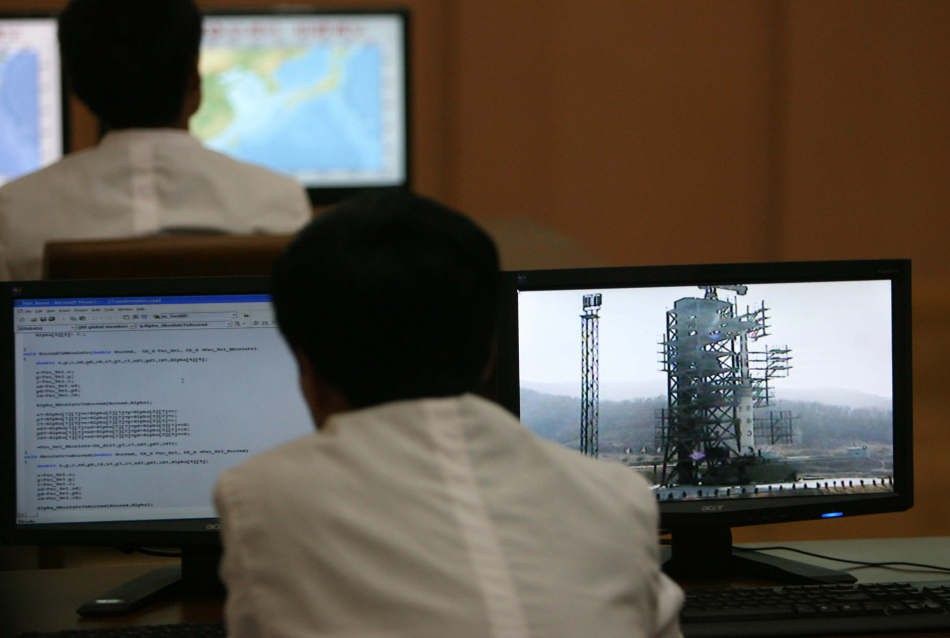
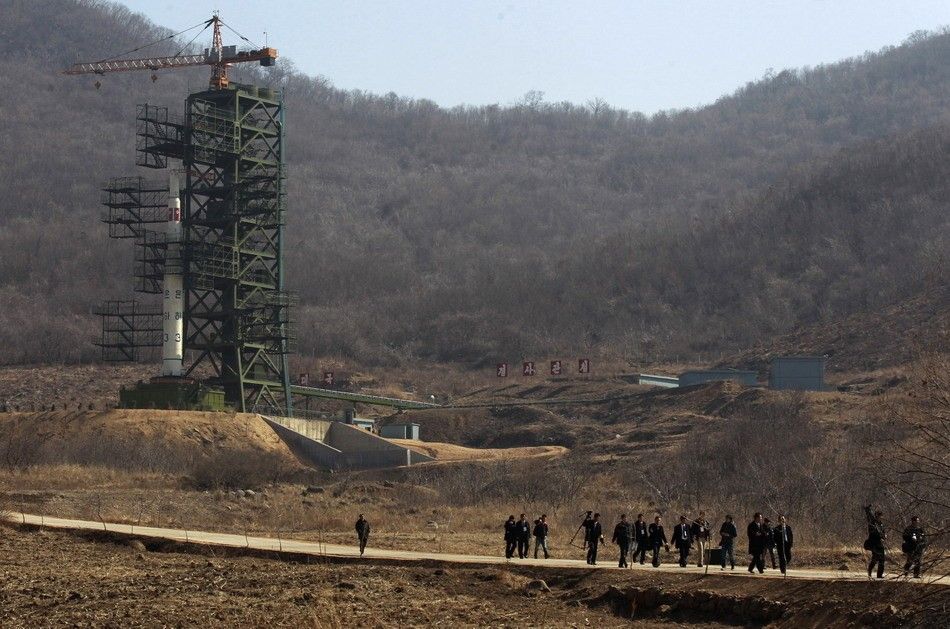
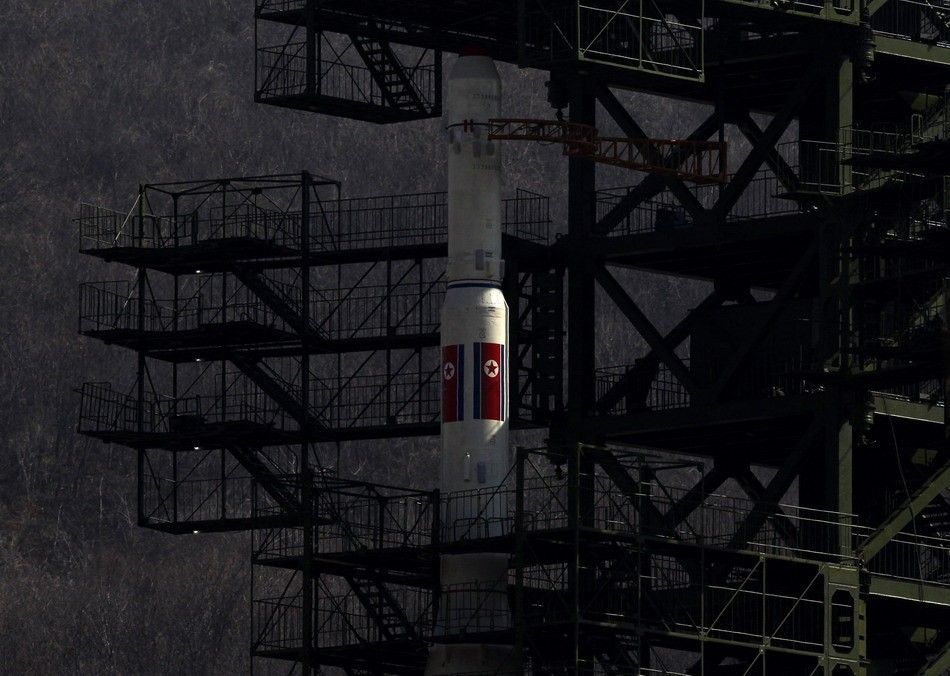
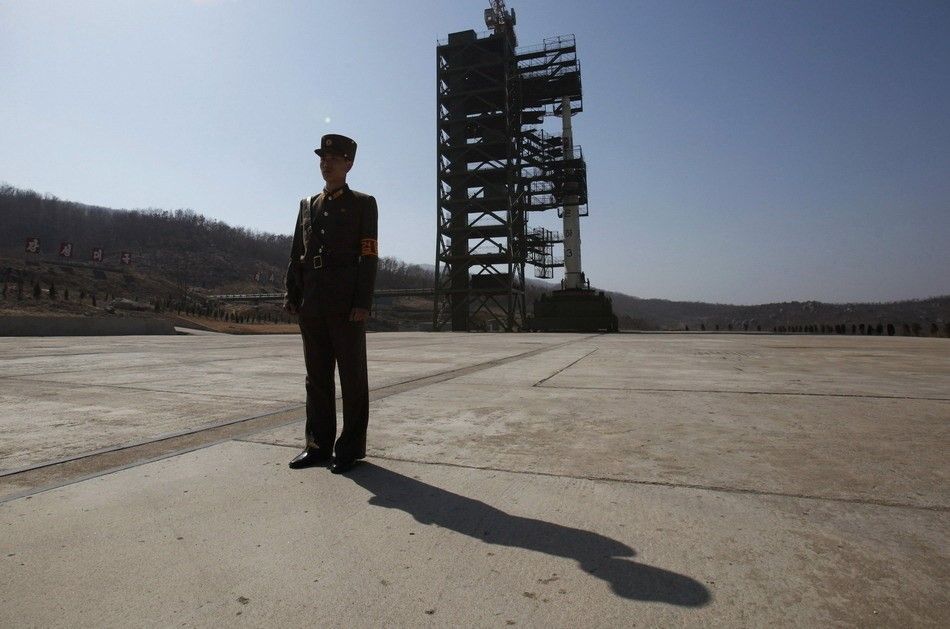

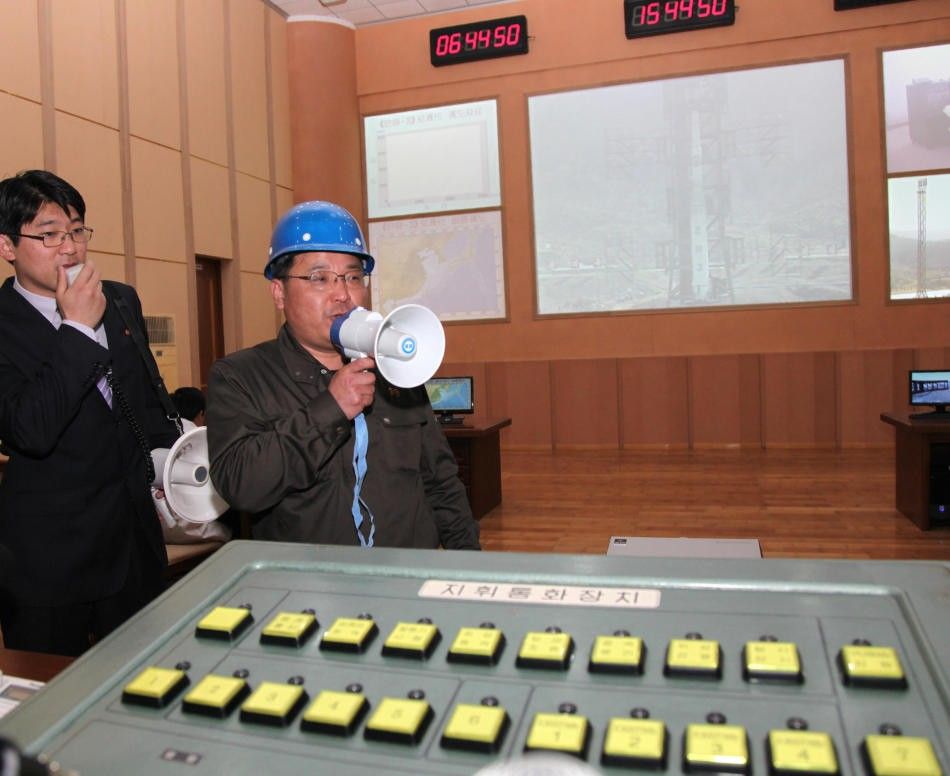
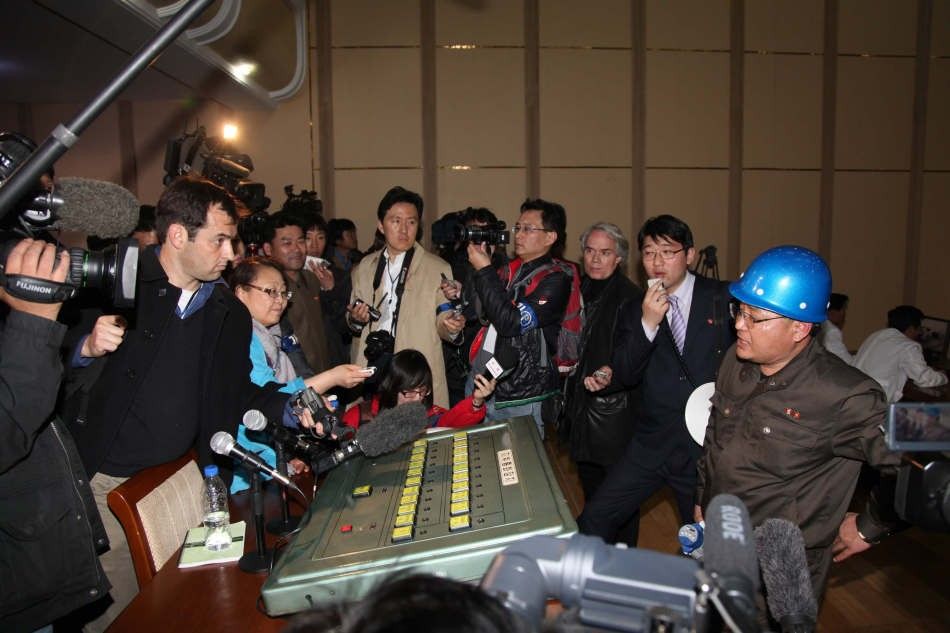
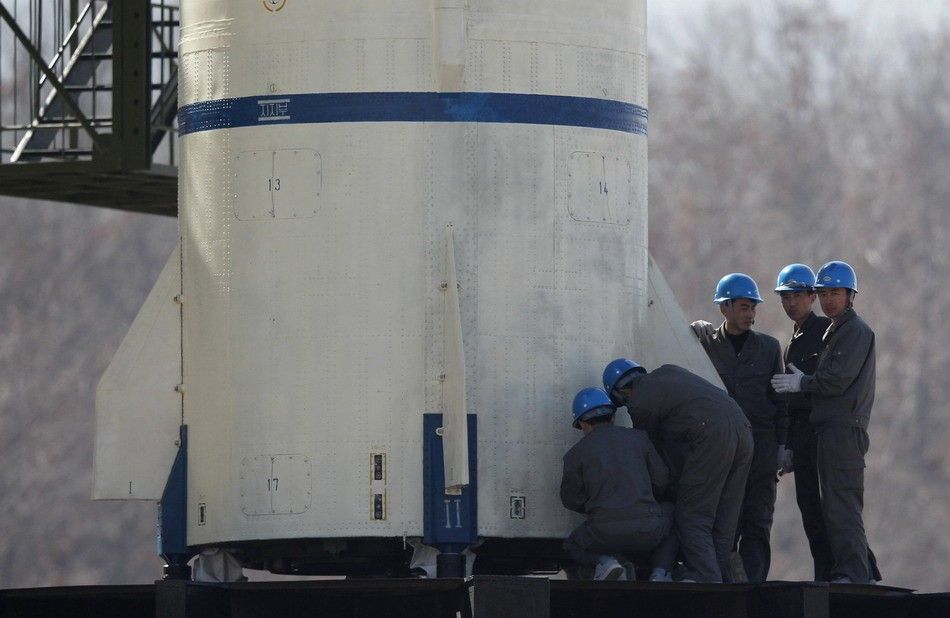


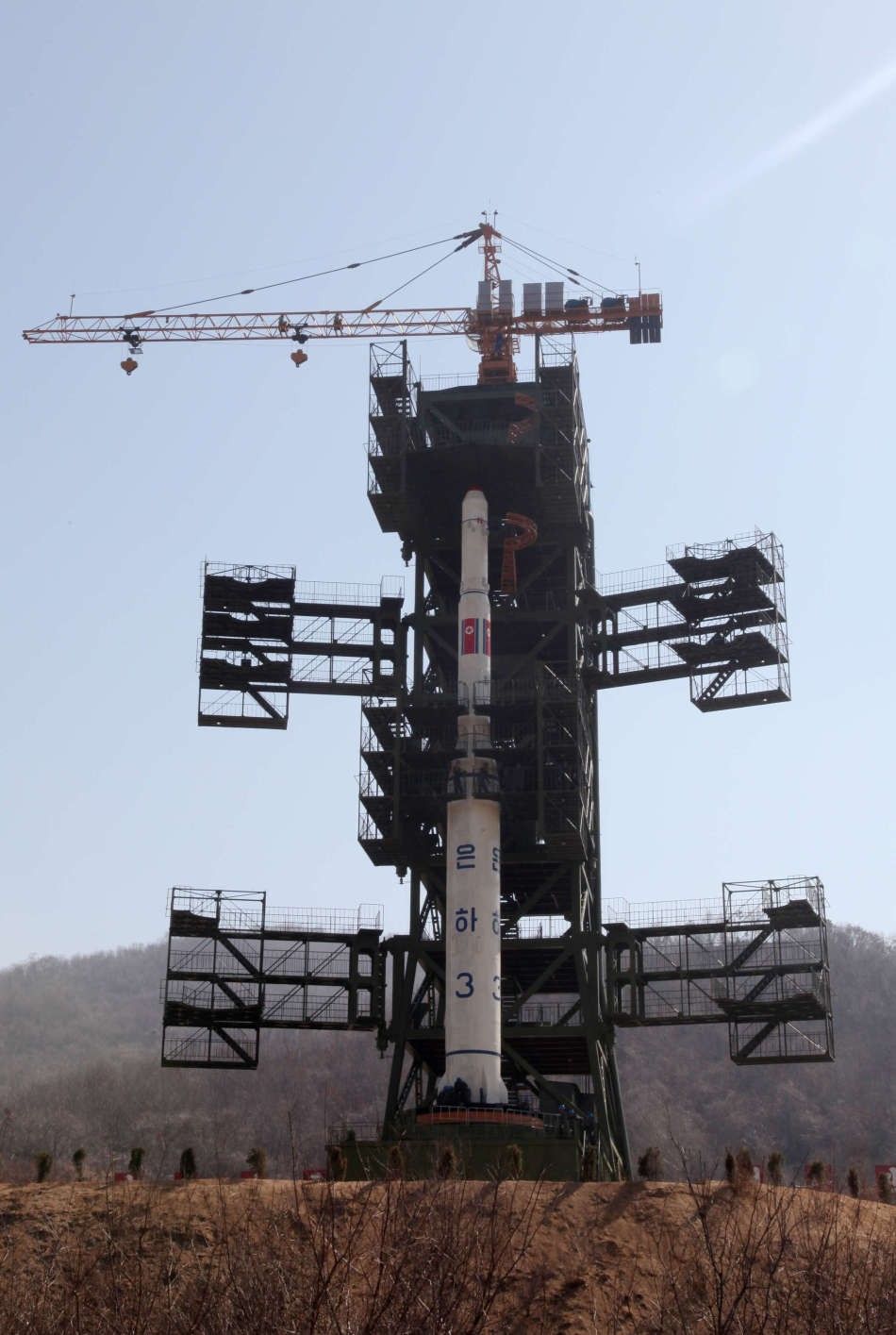
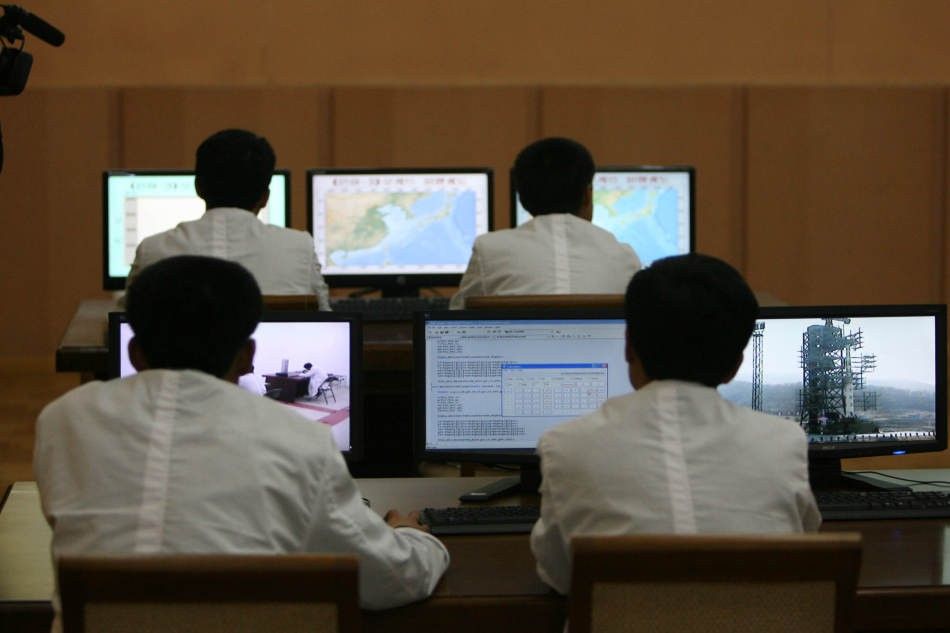

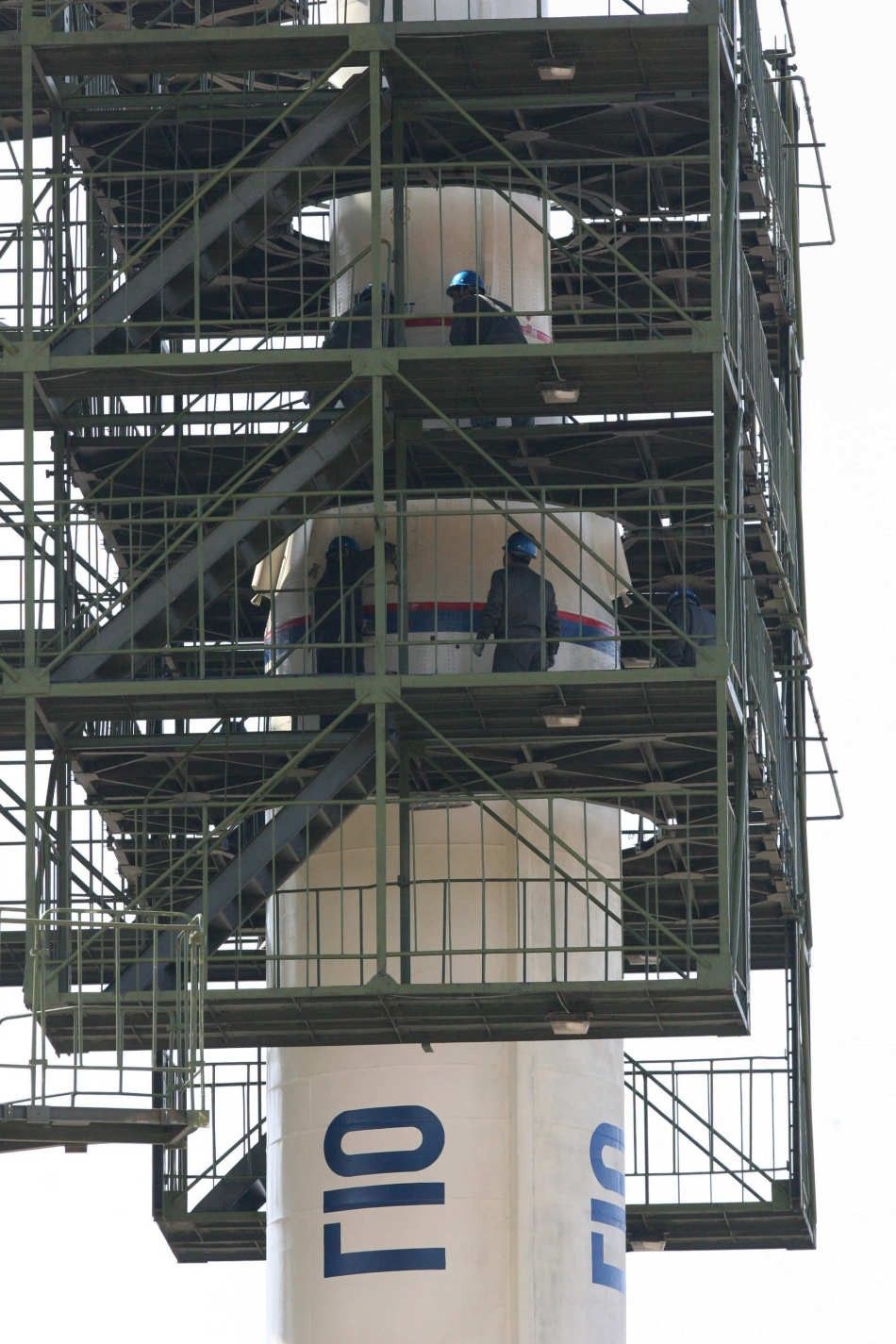
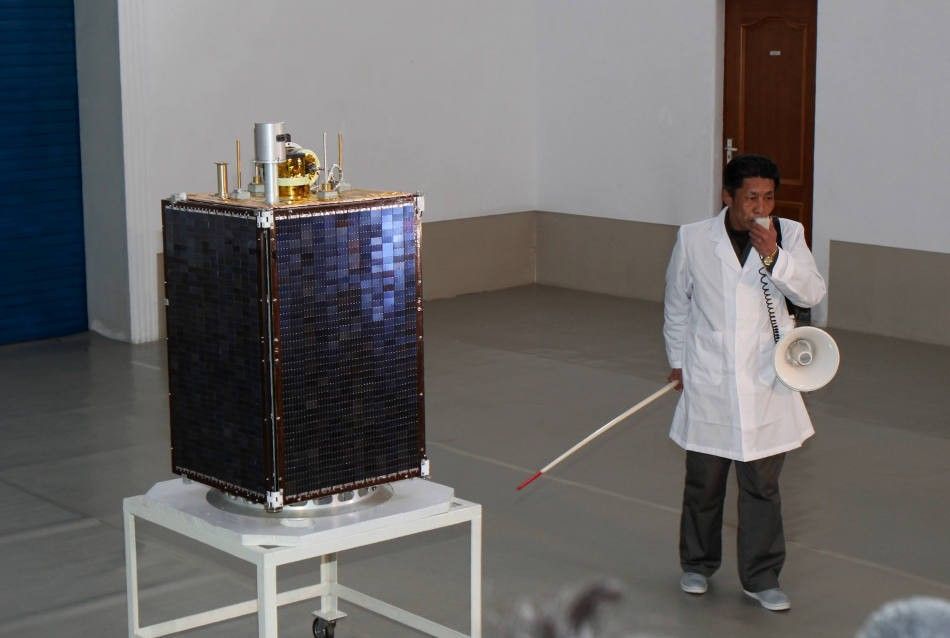
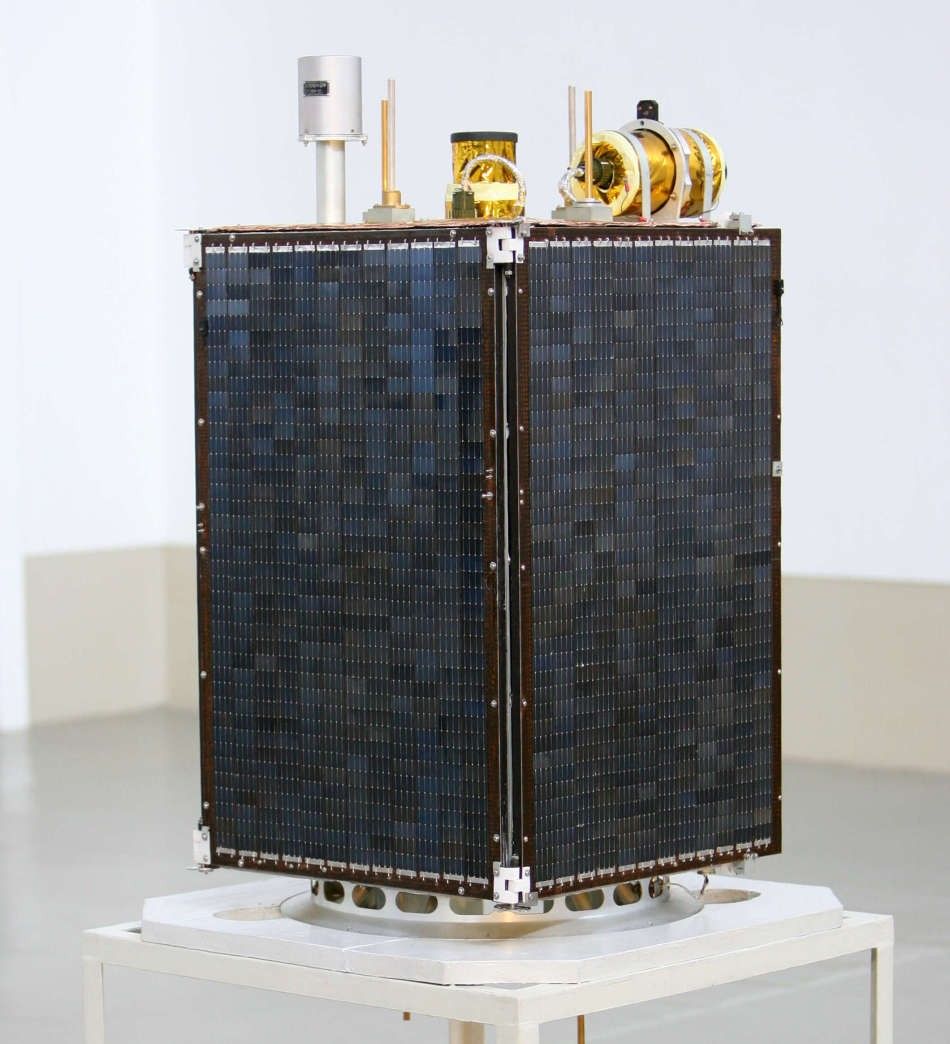
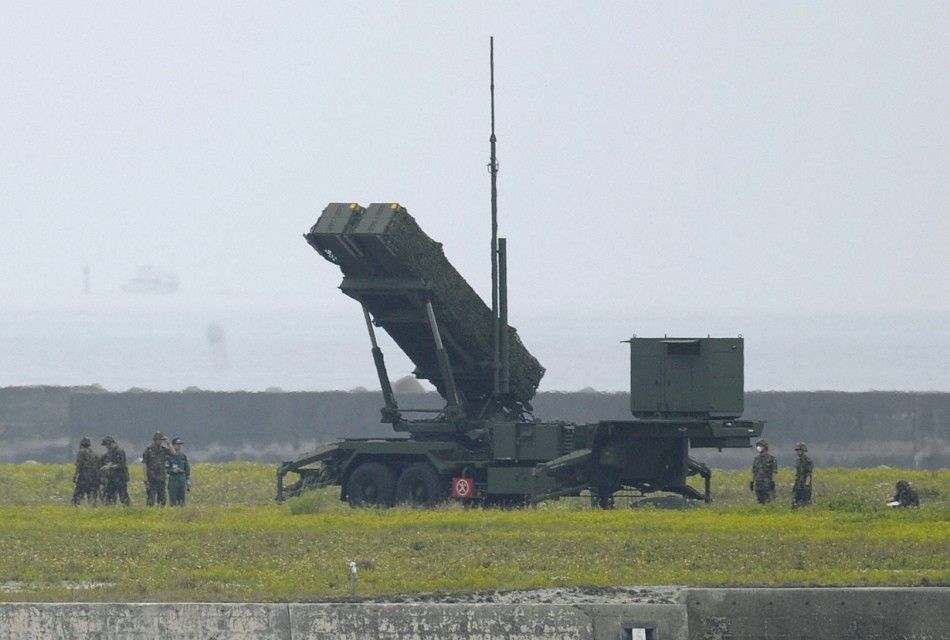

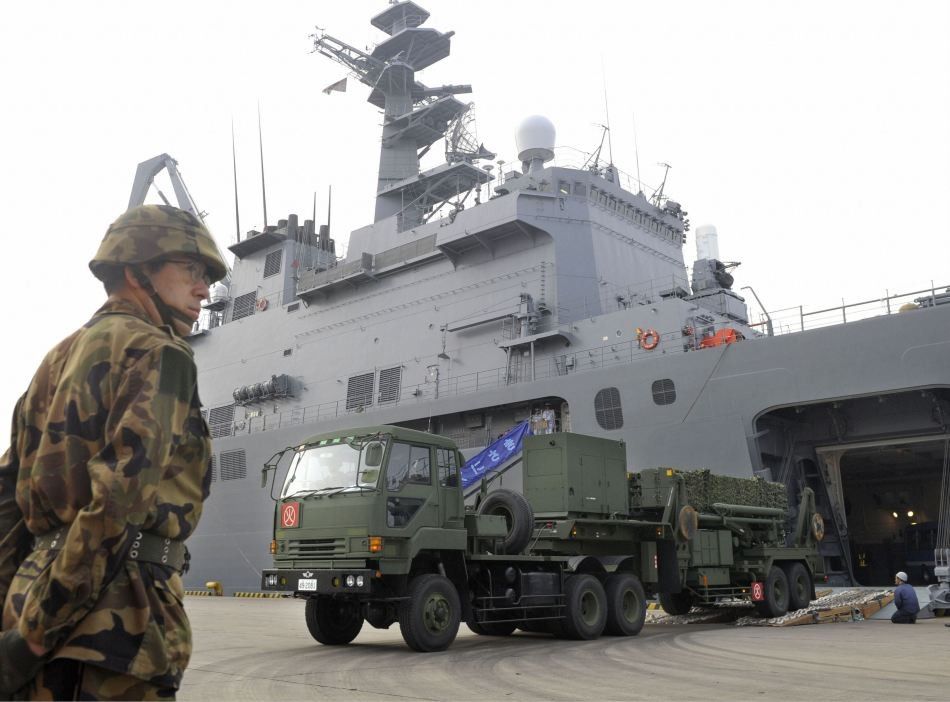
© Copyright IBTimes 2025. All rights reserved.





















